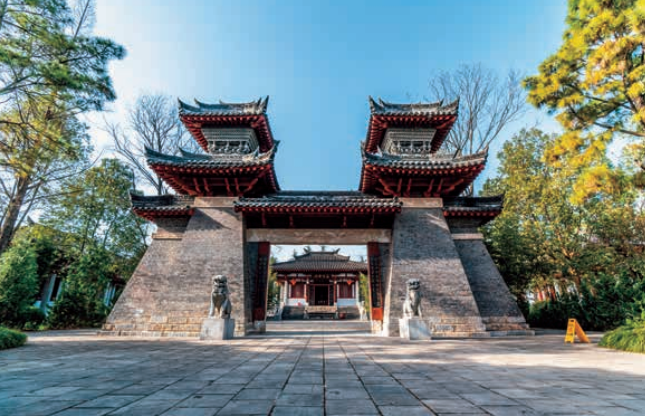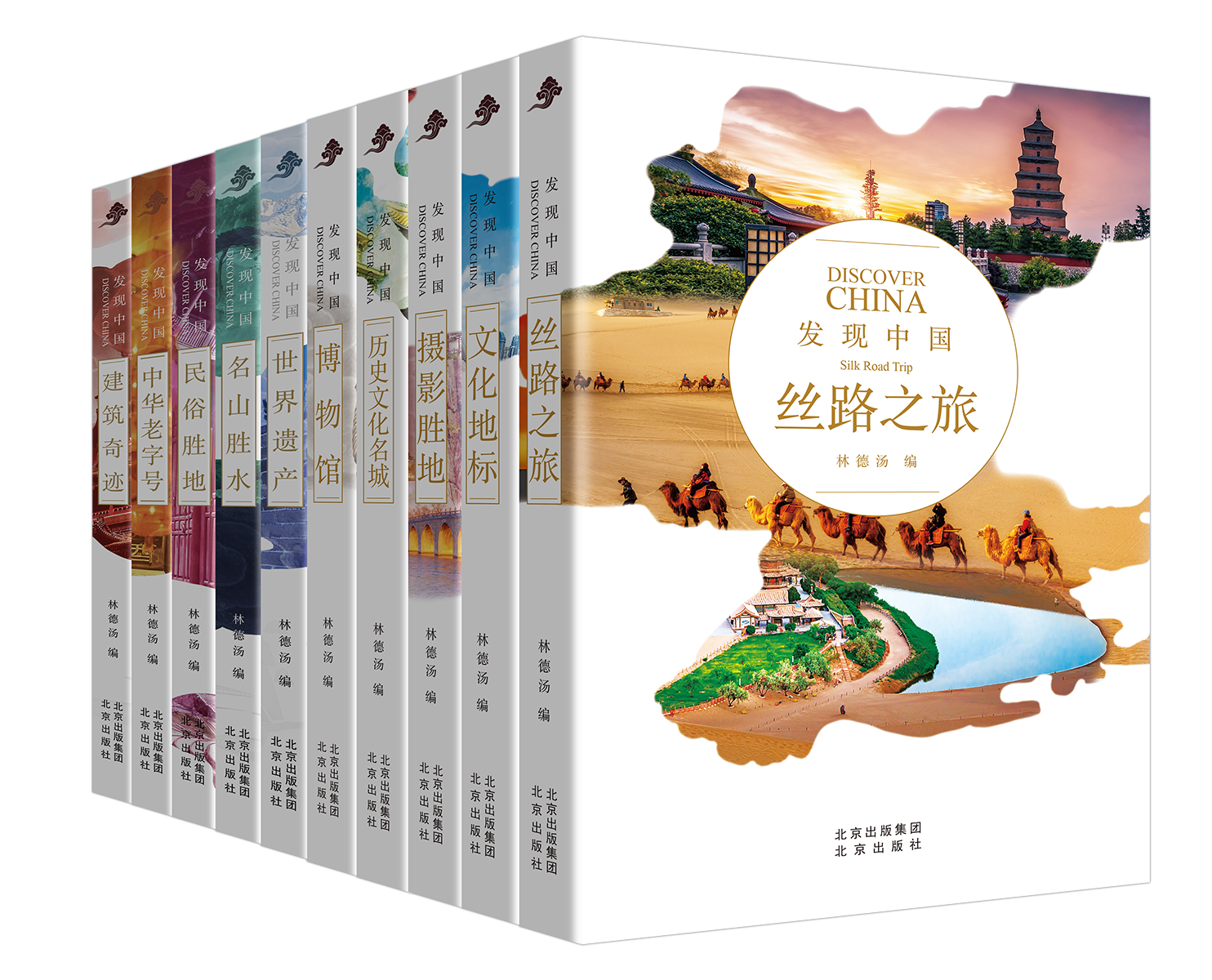Zhang Qian’s Tomb

Zhang Qian is a renowned diplomat, explorer and pioneer of the ancient Silk Road during the Western Han Dynasty. His two journeys to the Western Regions (a Han Dynasty term for the area west of Yumenguan, including what is now Xinjiang and parts of Central Asia) demonstrates the determination of the Western Han Dynasty to counter the Xiongnu and foster friendly trade relations with the countries in the Western Regions. He has opened up the Silk Road, which holds profound historical significance and has had a significant impact on the world’s political, economic and cultural development.
After his passing, he was buried in Hanzhong (a northwestern city of China), and his tomb became an important site listed in UNESCO World Heritage List as part of the “Silk Roads: the Routes Network of Chang’an-Tianshan Corridor”. The tomb is located 3,000 meters west of Chenggu County in Shaanxi province, measuring 35.6 meters in length, 20 meters in width, and 5 meters in height. In front of the tomb, there are four stone tablets and two rough-hewn Han dynasty stone statues. Over the centuries, the tomb has undergone three renovations from the Southern Song to the Republic of China period. Since 1949, the cultural relics department has conducted four repairs. In 1983, the Zhang Qian Tomb Cultural Relics Management Office (later renamed Zhang Qian Memorial Hall) was established, facilitating significant progress in cultural heritage protection and promotion.

Based on the Discover China series published by Beijing Publishing Group and Beijing Publishing House, this column integrates Chinese history, customs, traditional culture and artistic treasures to introduce China's ancient capitals, cultural landmarks, humanistic and natural wonders.
The editor of the Discover China series, Lin Detang, is the president of the Beijing Tourism Derivatives Association and a visiting professor at the School of Hotel Management of the China University of Labour Relations. Mr Lin has long been committed to theoretical research and entrepreneurial promotion of the integrated development of the cultural tourism industry.